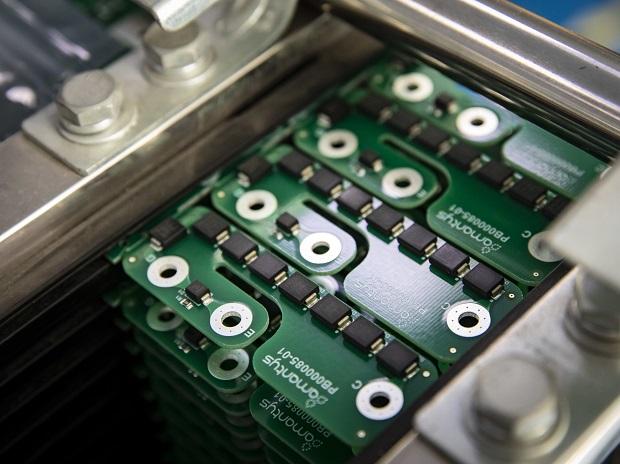According to the agency, global automobile demand, severely impacted by the Covid-19 pandemic, made a strong recovery in the latter part of 2021-22, catching automobile manufacturers off guard as they had not placed substantial orders for chips.
By then, production lines had been prioritised for the computer and communication equipment (C&C) segment, where demand had surged for personal computers, laptops, and mobile phones, driven by work-from-home, virtual learning, and remote healthcare services.
Currently, the C&C segment consumes around 63 per cent of all chips produced, followed by automobiles at 13 per cent and the consumer and industrial segment at 12 per cent.
“The chip shortage faced by Indian passenger vehicle makers is easing, with current availability at 85-90 per cent of the total requirement. The production loss on account of the chip shortage, which had halved to 300,000 passenger vehicles (PVs) year-on-year in 2022-23, is estimated to have further declined to under 200,000 PVs by the end of September 2023,” said Anuj Sethi, senior director at Crisil Ratings.
PVs consume nearly 1,500 chips on average, the highest among all automobile types. The requirement increases as more advanced electronic features are incorporated. Electric PVs use almost twice as many chips as internal combustion engine (ICE) PVs.
In India, according to CRISIL, demand for chips will continue to increase over the medium term, driven by the gradual rise in EV adoption and growing demand for advanced feature-laden ICE vehicles.
“India currently meets its chip demand through imports. The government has allocated $10 billion for the development of the semiconductor ecosystem in a bid to cater to rising demand and reduce import dependence. This includes offering incentives of up to 50 per cent of the project cost to support the establishment of foundries,” said Naren Kartic K, associate director, CRISIL Ratings.
The Centre has been in talks with several chip makers to set up their plants in India. Earlier this month, Union Minister of State for Electronics and IT, Rajeev Chandrasekhar said that the ministry will start setting up the Bharat Semiconductor Research Centre in 2024.
Chandrasekhar said that an essential part of this is to create, within India, the capabilities of being a leader in semiconductor research for the coming 10 years.
“That said, given India’s nascence in the field, successful joint ventures with established global players and commissioning of facilities will be crucial,” Naren added.
CRISIL also said that any delay in commissioning and stabilising operations at new facilities or geopolitical conflicts in countries with large semiconductor fabs, could present medium-term supply-chain risks and will bear watching.
Note:- (Not all news on the site expresses the point of view of the site, but we transmit this news automatically and translate it through programmatic technology on the site and not from a human editor. The content is auto-generated from a syndicated feed.))



